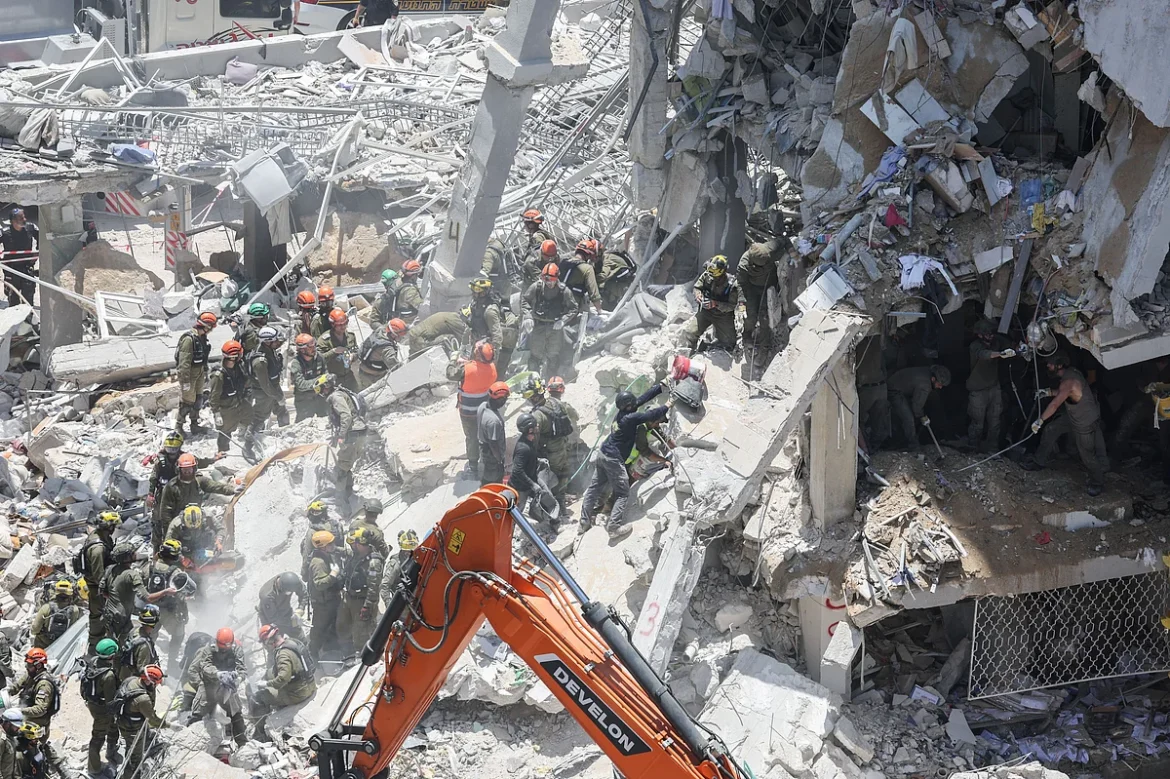By Staff Reporter
The UAE remains a haven despite the ongoing geopolitical crises in the Middle East.
In the ongoing Israel-Iran war, there will be no direct impact on residents. However, there could be some indirect impact influence, including higher petrol prices in July, increased costs of gold jewellery, and higher airfare to certain destinations. Prices of consumer goods from countries involved in the conflict and that have closed their airspace could also see a spike in the coming days if the conflict continues.
Higher petrol price
Oil prices have surged since Israel attacked Iran on Friday morning, pushing prices higher by 14 per cent. The WTI and Brent closed at $72.98 and $74.23 per barrel, up 7.26 and 7.02 per cent, respectively, over the weekend.
Since the UAE deregulated retail petrol prices in 2015, prices have been aligned with international prices and are revised monthly. Over the weekend, both warring countries targeted each other’s oil storage facilities, and this could push oil prices even higher when market reopen on Monday. This could also push petrol prices higher for UAE motorists next month.
“Iran’s missile barrage and Israel’s vow to escalate with strikes on nuclear and energy sites signal a dangerous tit-for-tat spiral. The playbook points to Iran targeting Israeli energy infrastructure next. This isn’t just a regional flare-up—it’s a powder keg for global markets,” said Naeem Aslam, an analyst at the London-based Zaye Capital.
Higher gold jewellery
Gold is a safe commodity for investors during military or trade conflicts.
Since Israel-Iran war broke out, gold prices have jumped nearly Dh5 per gram in Dubai. The UAE residents tend to buy gold jewellery when travelling abroad during summer break, this means they will have to shell out more when buying precious metal jewellery. With prices already trading high at Dh413.5 per gram for 24-karat on Sunday, this could dent demand for gold jewellery.
“Gold is the only fortress standing firm as Middle East tensions boil over. With oil prices spiking 6-13 per cent on supply disruption fears, which is only a start, it’s a smart hedge to shield portfolios from the chaos. Expect more upside as the conflict deepens,” added Aslam.
Higher airfares
According to flightradar24, approximately 3,000 flights were affected per day through cancelled or re-routes due to the tension. This includes flight delays, cancellations and rerouting of the UAE carriers — Emirates, flydubai, Etihad Airways and Air Arabia.
The UAE airlines have suspended some flights to Iran, Iraq, Israel, and Jordan due to the airspace closure. This has resulted in many passengers to delay their travel plans. When the regional conflict ends, which we hope soon, this will push airfares higher in the short term due to travel rush and demand.
Consumer goods
Prices of certain goods imported from regional countries with closed airspace could see an increase in rates.
Iran, Iraq, Syria, Jordan and Israel had closed their airspace due to military conflict. This could disrupt the supply chain and cause delays in the import and export of goods. For example, Iran’s exports to the UAE are minerals, organic chemicals, edible fruits and vegetables, salt, carpets, dairy products, and fertiliser, among others.
Source: Khaleej Times


